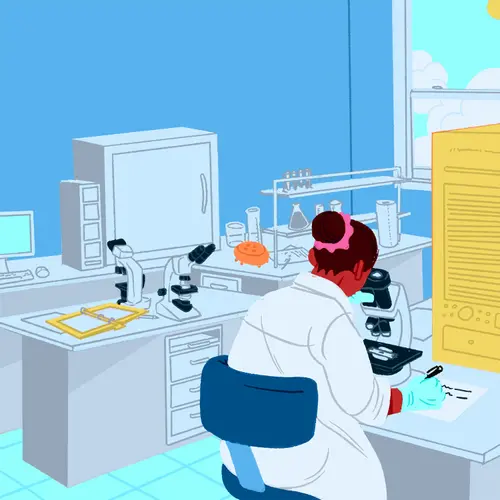As a new parent, you’re probably dialed into every breath and sound your baby makes even as you may wonder about far-off things such as college savings accounts. Of all the things running through your mind, your baby’s future fertility likely isn’t one of them.
But if your baby boy is born with an undescended testicle, it’s something you might have to think about.
Normally, testicles move from the lower belly into the scrotum -- the pouch of skin below the penis -- in the last few months before birth. But sometimes, one or both do not fall into place. This is called an undescended testicle, and it can affect fertility later in life.
In most cases, the testicle drops on its own by about 6 months after birth. If it doesn’t, your doctor will likely suggest surgery. When it comes to fertility, early treatment can make a big difference.
Why Does This Condition Affect Fertility?
To make healthy sperm, testicles need to stay a few degrees cooler than the rest of the body. That’s why they normally rest in the scrotum, which hangs just far enough down that it’s not quite as warm.
An undescended testicle stays up in the body, so it has a higher temperature. That causes a lower sperm count and quality, decreasing a man’s chances of being able to fertilize a woman’s egg and father a child.
Why Do Surgery At Such a Young Age?
In the past, doctors would suggest surgery around puberty. Now they recommend it at 6 to 12 months -- 18 months at the latest.
That’s a big shift. Why the change? The short answer: A lot of research.
Doctors now know that important changes in the testicles happen very early in life. By the time a boy is just 1 year old, an undescended testicle can start to lose the cells that make sperm. And the longer the testicle stays lodged, the higher the odds that the problem could get worse.
How Much Does It Affect Fertility?
Men with one undescended testicle can still have children, but their fertility is lower than normal by roughly half. If they have surgery to correct it, especially when younger, their fertility is about the same as if they never had a problem.
Without treatment, men with 2 undescended testicles will not likely be able to have children. But surgery to move both testicles down can greatly improve their fertility.
It won’t be the same as normal, but an earlier surgery can have a big effect. For example, boys who have the surgery by age 2 will be about 5 times more fertile than if they have it at age 13.
Can Surgery Help a Grown Man?
If you’re a grown man with an undescended testicle, surgery to correct it isn’t likely to change your fertility level. But you will want to talk to your doctor about testicular cancer as an undescended testicle makes you a little more likely to get it.
And since the undescended testicle isn’t in the scrotum, it’s not possible to do self-exams, which are key to finding cancerous lumps early.

